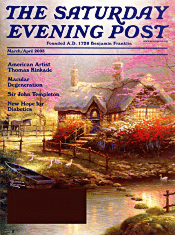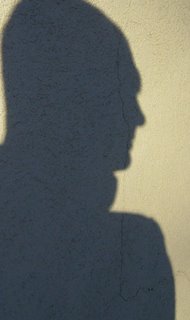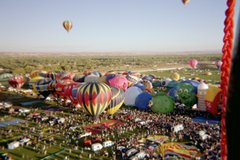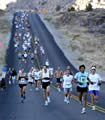
This is a Saturday Evening Post
On the other hand I didn't really read this magazine over the years anyway. Popular Mechanics, Boys Life, Reader Digest, Popular Science, Life, and Changing Times were regular at my house growing up. Superman and Batman and Spiderman were there too. I remember trading my friend Steve a big bunch of those funny books for the 45 record "Jailhouse Rock". That may be off subject a little but then I am not sure I have found "the subject" yet anyway. Books, by the way, didn't become all that addictive until I was a little older.

Work, December 7th, a 4 mile walk today. The internet down yesterday. Christmas shopping, alone today. Having a nice lunch, today, together. Buying a book for myself. "Revisting Narnia", a Fantasy, Myth and Religion in the C.S. Lewis Chronicles. I suppose I ought to be reading it rather than typing this.

Allegorical
Just thinking about or I suspect reading "Revisitng Narnia" seems to have a lot of allegorical components. A lot like Plato's allergory of the cave. In that story people sat in a cave chained to to wall. The fire behind them were the lights for the cave. As figures and objects passed before the fire but behind those chained their shadows were cast where the viewers could see them. For those chained to the cave the shadows were reality. In fact the cave is a matrix. A place where people are trapped in a world of illusion they believe to be completly real. We all wonder at times if we are in or out of the matrix.
North Korea is obviously in a Matix
I was thinking about the special I saw on TV last night about North Korea. The people lived a life projected on their walls. They had no internet. No news from the outside world is given to those who live there. No understanding of other people. The only knew what they were told. A dear leader defined what they knew of life. North Korea was collectively not much better than those folks chained in Plato's cave. Both seem to be extremes. Perhaps on our planet the ability to see the real world is accomplished in degrees and North Korea might just be one extreme. What then or who is in the middle still looking at reflections rather than reality.
Thinking versus Experiencing
Lewis wrote in a essay called "Myth became Fact" that experience allows us to know things concretely in a way that is intense, intuitive and immediate on the one hand but critically vauge on the other.
Thinking, he said, allows careful contemplation that is clear, but abstract and it distances us from the reality we are wanting to know about. We can have the knowledge that comes from being in an experience, or we can have the kind that comes from being outside it.
Course it might make this blog a little more personal if I would just admit that the picture of the guy on the wall was me?












No comments:
Post a Comment